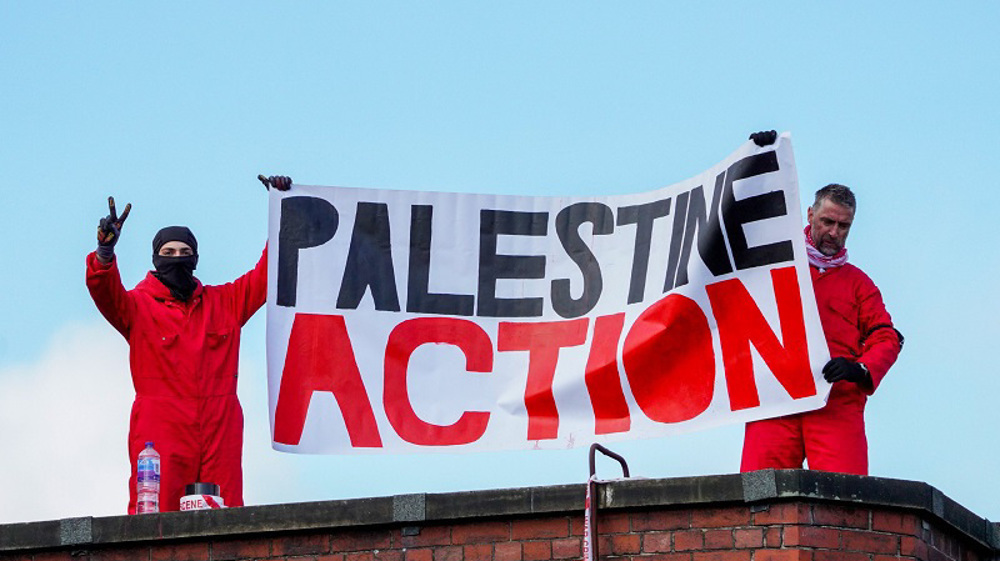GCHQ spying on rights groups ‘illegal’
The GCHQ’s secret surveillance of two international human rights groups was illegal, according to the judicial tribunal handling complaints against the intelligence services.
The government’s monitoring agency kept emails for longer than necessary and violated its own internal procedures, according to a judgment by the investigatory powers tribunal (IPT). However, IPT ruled that the first interception was lawful in both cases.
The IPT analysed complaints by the Egyptian Initiative for Personal Rights and the South African non-profit Legal Resources Centre which claimed their communications had been illegally retained and analysed by the intelligence agency. The tribunal made “no determination” on further accusations brought forth by other non-governmental organisations, including Amnesty International, Liberty and Privacy International who suggested that either their emails or phone calls were not intercepted or that they were intercepted legally.
The IPT ruling said: “[We are] concerned that steps should be taken to ensure that neither of the breaches of procedure referred to in this determination occurs again. For the avoidance of doubt, the tribunal makes it clear that it will be making a closed report to the prime minister.”
The case is seen to be the first time in which a court has revealed spying on foreign human rights group by the British intelligence agencies.
This comes following new revelations by the US whistleblower Edward Snowden which pushed Privacy International, Liberty, Amnesty International, the American Civil Liberties Union and a number of other international human rights groups to bring forth a case against the agency.
Eric King, deputy director of Privacy International, said: “If spying on human rights NGOs isn’t off limits for GCHQ, then what is? Clearly our spy agencies have lost their way. For too long they’ve been trusted with too much power, and too few rules for them to protect against abuse. How many more problems with GCHQ’s secret procedures have to be revealed for them to be brought under control?”
Janet Love, national director of the Legal Resources Centre, said “We can no longer accept the conduct of the intelligence services acting under such a pernicious veil of secrecy, and we will be taking immediate action to try to establish more information.”
James Welch, legal director for Liberty, said: “Last year it was revealed that GCHQ were eavesdropping on sacrosanct lawyer-client conversations. Now we learn they’ve been spying on human rights groups. What kind of signal are British authorities sending to despotic regimes and those who risk their lives to challenge them all over the world? Who is being casual with human life now?”
A government spokesperson said: “We welcome the IPT’s confirmation that any interception by GCHQ in these cases was undertaken lawfully and proportionately, and that where breaches of policies occurred they were not sufficiently serious to warrant any compensation to be paid to the bodies involved.
“GCHQ takes procedure very seriously. It is working to rectify the technical errors identified by this case and constantly reviews its processes to identify and make improvements.”
SU/HA
VIDEO | Former FBI agent criticizes US Congress for 'outright corruption'
IRGC chief urges Muslim countries to cut aid routes to Israel
'New chapter in cooperation': Iran, Venezuela sign new MoUs
Jordan sentences former lawmaker for supporting Palestinian resistance
Basij volunteer forces hold massive drills in southwestern Iran
Israeli war criminals 'not welcome', US city says after ICC ruling
US vetoing of Gaza ceasefire resolution ‘disgraceful’: Iran’s UN envoy
VIDEO | IAEA adopts anti-Iran resolution tabled by E3










 This makes it easy to access the Press TV website
This makes it easy to access the Press TV website